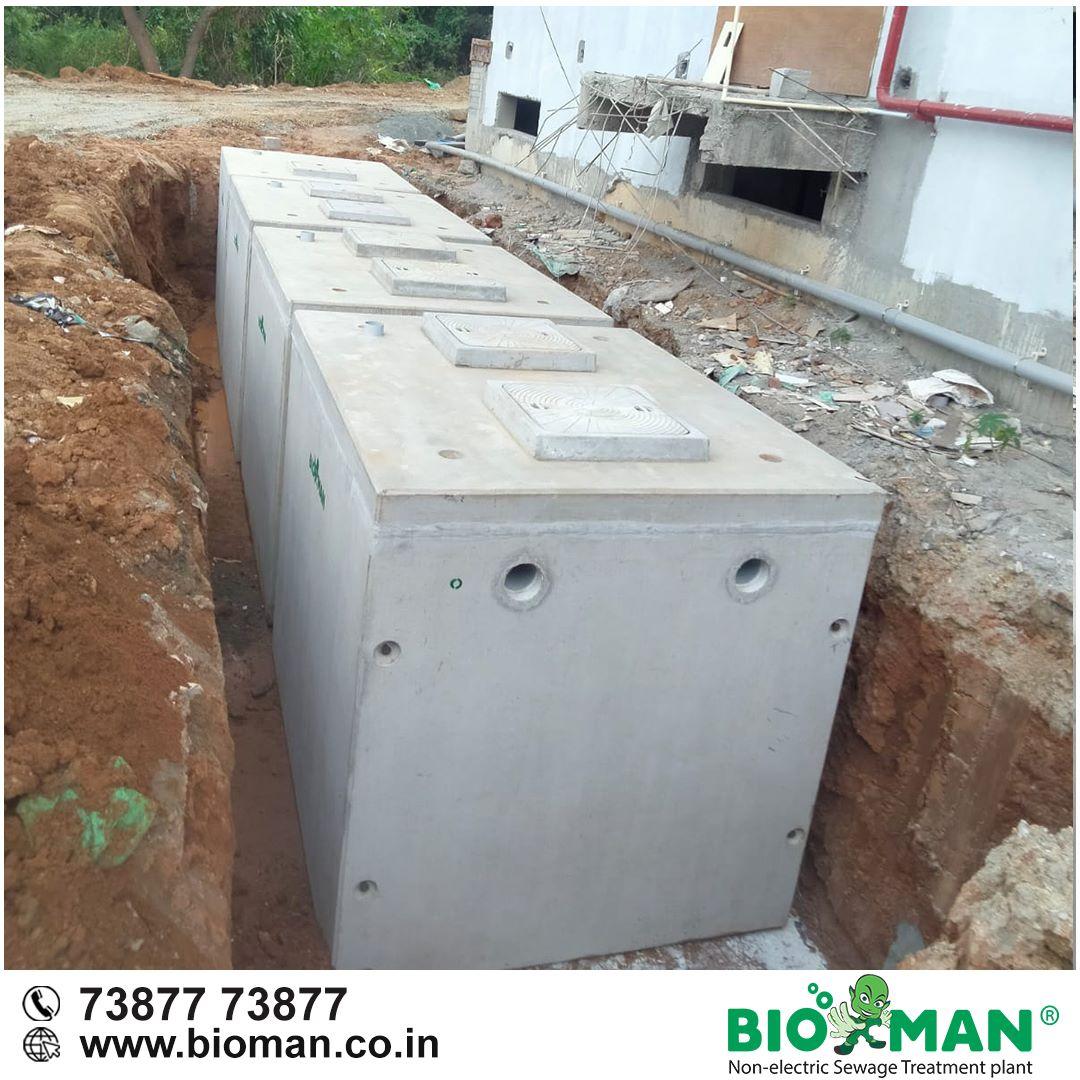For many homeowners, the septic tank lurks beneath the surface, a mysterious and often neglected part of the plumbing system. But for the eco-conscious homeowner, a well-maintained septic system is a secret weapon in their sustainability arsenal.
These underground workhorses handle wastewater from your home, processing it naturally through a combination of settling, filtering, and bacterial decomposition. Unlike homes connected to municipal sewage systems, septic tanks rely on a delicate balance between human waste and the natural environment. By understanding and caring for your septic system, you can contribute to a healthier planet and enjoy a more sustainable lifestyle.
The Power of Natural Wastewater Treatment
Municipal sewage treatment facilities are energy-intensive, requiring significant resources to function. Septic tanks, on the other hand, leverage natural processes for wastewater treatment. The initial settling tank allows solids to sink, while the effluent layer, rich in organic matter, is broken down by bacteria in the drain field. This breakdown process doesn’t require electricity or harsh chemicals, making it a more sustainable option.
Optimizing Your Septic System for Sustainability
There are several ways to ensure your septic tank functions optimally and contributes to your sustainable lifestyle:
Minimize what goes down the drain: Don’t treat your septic system like a garbage disposal. Avoid pouring grease, harsh chemicals, or medication down the drain. These elements can disrupt the delicate bacterial balance in the tank and harm the environment in the drain field.
Embrace water conservation: Reducing water usage reduces the strain on your septic system. Install low-flow showerheads and faucets, fix leaky toilets, and spread-out laundry loads. Every drop saved contributes to a healthier septic system and a smaller environmental footprint.
Choose eco-friendly cleaning products: Many cleaning products contain harsh chemicals that can harm the bacteria in your septic tank. Opt for natural, biodigester septic tanks cleaning solutions whenever possible. These will keep your home clean and protect your septic system.
Pumping on a Schedule: Scheduling regular septic tank pumping is crucial for maintaining a healthy system. A full tank can lead to backups and untreated wastewater overflowing into the drain field, contaminating the soil and groundwater. The frequency of pumping depends on factors like tank size, household occupancy, and wastewater habits. Consult a septic professional to determine the ideal pumping schedule for your system.
Plant strategically: The area around your drain field plays a vital role in the septic system’s functionality. Planting native, deep-rooted plants that require minimal water can help filter wastewater naturally. Avoid planting trees with invasive root systems that can clog the drain field.
Beyond Wastewater: The Ripple Effect of Sustainability
A well-maintained septic system goes beyond just treating wastewater. It contributes to a healthier environment in several ways:
Reduced reliance on municipal systems: By treating wastewater on-site, septic tanks lessen the burden on municipal treatment facilities, which can be overloaded and contribute to water pollution.
Groundwater protection: A healthy septic system prevents untreated wastewater from contaminating groundwater sources. This is especially important in areas that rely on well water for drinking.
Soil health: The effluent from a well-maintained septic tank can actually nourish the soil in the drain field. This can promote healthy plant growth and contribute to a balanced ecosystem.
Sustainable Living Starts at Home: Empower Yourself
By understanding and caring for your septic system, you’re taking an active role in sustainable living. Knowledge is power, and with a little effort, you can transform your Bio septic tank from a hidden utility into a secret weapon for a more eco-conscious lifestyle.
Remember:
Consult a licensed septic professional for regular inspections and maintenance. They can advise you on specific practices for your system and ensure your septic tank continues to be a sustainable asset for your home.


